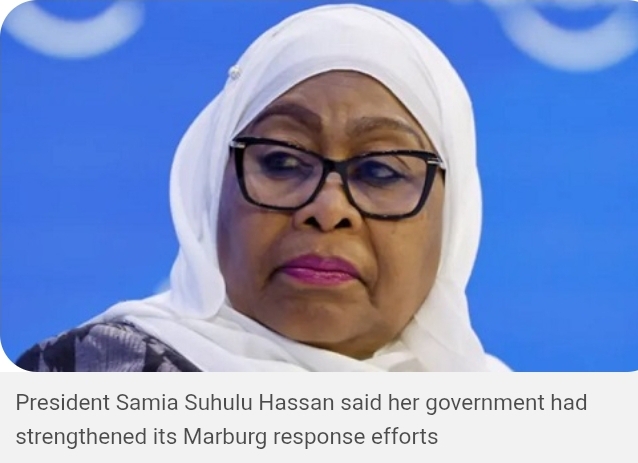Ghana’s agribusiness sector is on the cusp of a new era of growth and development, driven by efforts to revitalize the country’s export value chain. According to industry experts, the sector is poised to experience significant expansion, driven by increased investment, improved infrastructure, and enhanced trade facilitation.
At the heart of this transformation is the government’s commitment to promoting agribusiness as a key driver of economic growth and development. Initiatives such as the Planting for Food and Jobs program have already shown promising results, with increased crop yields and improved livelihoods for farmers.
However, challenges persist, particularly with regards to the export value chain. Ghana’s agricultural exports have historically been hindered by inadequate infrastructure, inefficient trade facilitation, and limited access to international markets.
To address these challenges, the government and private sector stakeholders are working together to revitalize the export value chain. This includes investments in modern storage facilities, improved transportation networks, and enhanced trade facilitation mechanisms.
The impact of these efforts is already being felt, with Ghana’s agricultural exports experiencing significant growth in recent years. The country’s cocoa sector, in particular, has seen a major boost, with Ghana maintaining its position as the world’s second-largest cocoa producer.
As the agribusiness sector continues to evolve, industry experts are optimistic about the prospects for growth and development. With the right policies and investments in place, Ghana’s agribusiness sector is poised to become a major driver of economic growth and development, creating jobs and improving livelihoods for millions of Ghanaians.











